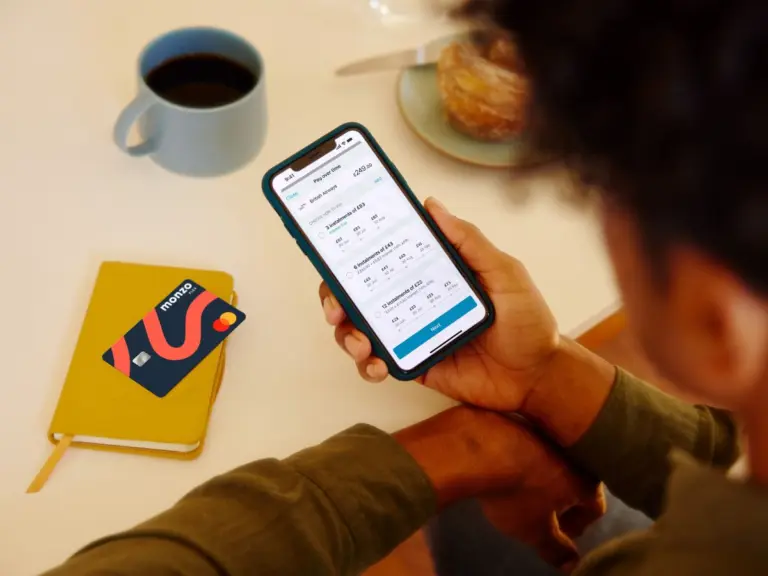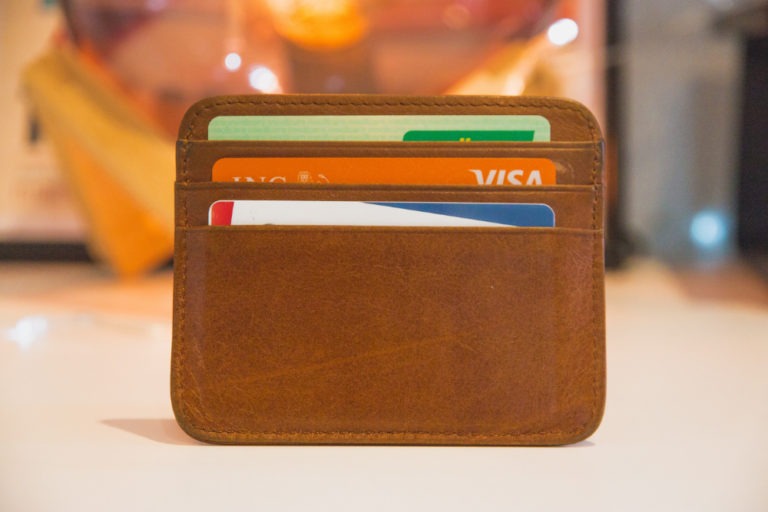Best travel credit card and debit card 2026
Money Talk is intended to inform and educate; it's not financial advice. Affiliate links, including from Amazon, are used to help fund the site. If you make a purchase via a link marked with an *, Money Talk might receive a commission at no cost to you. Find out more here.
Credit and debit cards have become the most convenient ways to pay for purchases abroad.
Instead of buying at least £500 worth of foreign currency before you travel to get the best exchange rate, you just need to swipe your card at the checkout.
In fact, cash has become a bit of an afterthought in many holiday destinations.
The only exception I’ve come across in the western world is Berlin, where cash still seems to be king.
But even in places where you need to carry a bit of cash, whether for snacks or souvenirs, my preference is to just take it out from the local ATMs – you’ll actually get a better exchange rate than going to a Bureau de Change.
Of course paying by card only works out cheaper if you have a travel-friendly debit or credit card as these don’t charge additional fees for foreign transactions.
Why do you need debit and credit cards for travel?
There are two main reasons for getting a credit or debit card specifically for travel – it saves you money and it’s more secure.
Travel-friendly credit and debit cards won’t charge you a fee when you buy something at the shop.
Their exchange rates are usually close to the live market rate, with no additional commission applied, so it works out cheaper than the alternatives, such as buying your travel money from a Bureau de Change.
Debit card, credit card or both?
Unlike a debit card, if you use a credit card abroad, all the usual financial protections apply.
So if things go wrong, you should be able to claim a refund from your credit card provider under Section 75 of the Consumer Credit Act.
If you’re planning to withdraw cash though, a credit card can become costly.
Even if you’re able to withdraw cash from the ATM fee-free, you’ll still pay interest on that money as it’s considered a cash advance.
This is why it’s handy to have a debit and credit card for travel – a travel-friendly debit card won’t charge your fees, commissions or interest for cash withdrawals.
And if you use a separate bank account specifically for this, you can move across the exact amount of money you need without worrying about your savings being stolen if your card is cloned or lost.
In my case, I have a credit card specifically for travel because most of my trips are for work and using a separate card allows me to track my expenses easily.
Best travel credit cards
My preference is always to use credit cards for travelling, just because of the extra protection you get under Section 75.
I make sure I pay off the balance every month and I never use it to take out cash – even when there’s no ATM fee, interest is applied from the day you withdraw the money (rather than when your balance is overdue like the rest of your spending).
There are lots of credit cards that offer fee-free spending abroad at the moment, including some that require you to have current accounts with the provider.
Below are some of the most popular ones, but it’s by no means an exhaustive list.
Before you take one out and use it, make sure you read through all the small print about fees and interest rates so you know when there might be additional charges for using the card.
Many also offer eligibility checkers so you can see whether you might be approved before you apply without affecting your credit score.
- Lloyds Ultra credit card (Visa) – New to the market, the Lloyds Ultra credit card gives 1% cashback for the first year before dropping to 0.25% – but it’s only available to Lloyds customers.
- Barclaycard Rewards credit card (Visa) – A brilliant cashback credit card; what sets the Barclaycard Rewards credit card apart is that it gives you 0.25% cashback on your spending.
- Halifax Clarity credit card (Visa) – Designed with travel in mind, you don’t need to be a customer to apply for Halifax’s Clarity credit card.
- Natwest Travel Reward credit card (Visa) – You get just 0.1% cashback with the Natwest Travel Reward credit card but any eligible travel spending attracts a 1% cashback.
Best travel debit cards
Travel-friendly debit cards are handy if you want to withdraw cash while you’re away as unlike credit cards, there’s no additional interest to pay.
I usually take both, with the debit card acting as a backup if I lose my credit card.
Obviously you’ll need to open a current account in this case but there’s no reason why you can’t use it exclusively for travel, topping it up only when you need to spend the money.
It’s worth looking out for any caps on cash withdrawals though – some are per day but some are per month.
- Virgin Money M Plus debit card (Mastercard) – The Virgin Money M Plus debit card will give you fee-free spending anywhere in the world. The current account also benefits from a 1% AER in-credit interest rate on balances up to £1,000.
- Chase debit card (Mastercard) – The Chase debit card will give you 1% cashback on your essential spending.
- First Direct debit card (Mastercard) – There are no additional benefits to using the First Direct debit card but having the current account will give you access to the bank’s top savings account.
Alternatives to credit and debit cards
There are of course secure alternatives to credit and debit cards that can be used for travel, such as prepaid currency cards offered by the likes of the Post Office and Travelex.
These are the ones to go for if you can’t or don’t want to use a credit card and would prefer to keep your current account protected while abroad.
Personally I’m not a fan because the money is tied up in the card and getting it out is usually a hassle.
It’s also annoying when you don’t quite have enough money left on it to make a purchase but can’t top it up straight away either.
There are a couple of good alternatives though.
- Revolut – Revolut is still an electronic money institution in the UK, rather than a bank, so while your money is safe, it’s secured in a slightly different way. It basically works in the same way as prepaid cards – you can load it with 30 different currencies and it’ll let you spend in any currency. There is a charge to get the physical card though, and on the free version there’s a monthly foreign transaction limit.
- Currensea – Currensea works like a conduit to turn your current account into a travel-friendly one. It only works with certain banks, and once you’ve connected your account, when you spend money on the card it automatically debits your current account in sterling so your bank won’t charge you a fee. While it offers fee-free international spending, it does charge a 0.5% commission, which means the exchange rate isn’t as good as some of the other options here.
Visa or Mastercard – does it matter?
I’ve listed whether a card is Visa or Mastercard above as they have slightly different exchange rates.
Visa’s exchange rates are slightly better than Mastercard’s but the difference is around 20p for every £1,000 spent so not exactly a huge amount of money.
You can see the Visa exchange rate calculator and the Mastercard exchange rate calculator for reference.
Unless you’re spending a lot of money abroad, the difference is negligible.
This post was originally published in May 2022. It was updated in December 2025.
Pin this for later








